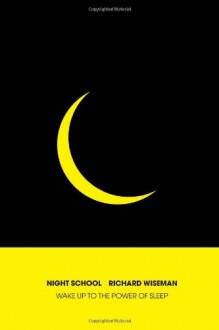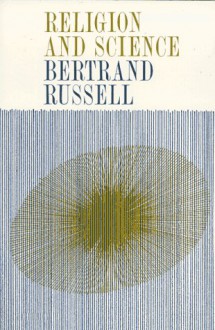 Fiction books focus on the unexplained, on what might be – the ones that do not yet exist in the real world but on which the author can speculate in his books. This genre usually is related to, but not limited to – science, technology, time-travel, exploring space and alien life. What makes these novels great is the kind of interest that they can create in the reader’s mind through an intriguing storyline and a sharp narrative.
Fiction books focus on the unexplained, on what might be – the ones that do not yet exist in the real world but on which the author can speculate in his books. This genre usually is related to, but not limited to – science, technology, time-travel, exploring space and alien life. What makes these novels great is the kind of interest that they can create in the reader’s mind through an intriguing storyline and a sharp narrative.
The world has seen numerous fiction writers, whose literary works have been converted into movies and TV series. These kinds of stories have attracted our attention for ages because the human spirit is always eager to go beyond the realm of the known facts. We search for the unknown, the mysterious, and what evolution has in stock for us. Some readers might even find fiction to be more interesting than what’s happening in the real world. One familiar feeling among science fiction book readers is that the writer bases his writings on what is almost being achieved by scientists, believing that in due time, we will discover something fantastic.
The Truth is, space and extra-terrestrials never fail to impress both the young and adult minds. Demographics reveal the average age of science fiction fans between 29 and 43 years. Maybe that’s on the low side. It could be higher.
Source: https://journals.sagepub.com/doi/full/10.1177/2158244018780946).
The study further revealed that most readers encounter their first science fiction book by the age of 15. It seems to point out the fact that science fiction becomes even more appealing as people grow up. Of all readers canvassed, about 72% said that they were proud of the fact that they love science fiction books. Many respondents in this survey summarized what the after-effects of reading an original and good quality science fiction have done to them:
1. Helped improve their skill acquisition capabilities.
2. Helped improve their puzzle-solving aptitude.
3. Helped them keep their minds open to listening to others.
Among the excellent sci-fi book writers, there are several new fiction books that become available each day and make for some superior quality reading. Getting to know more about the books, authors, and publishers is not a difficult task today as the Internet makes it easy to get information about the new book releases.
Reading fiction books opens the readers’ mind to the world.

 Log in with Facebook
Log in with Facebook 








